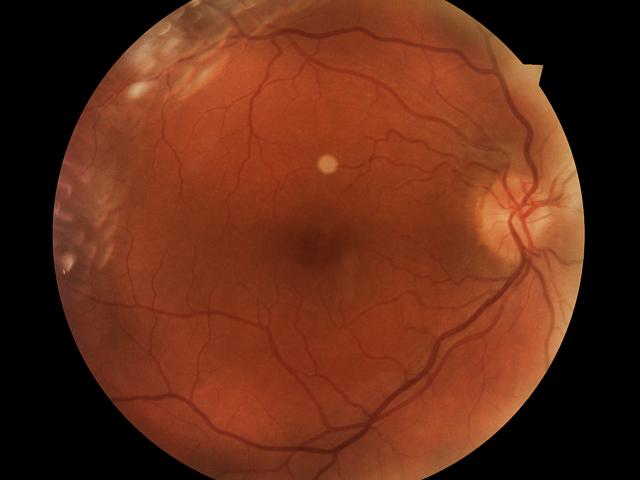
It’s a PRIME time to improve urgent eye care
If you’ve got an eye problem where would you go for help? Just over half of people in Wales said they would go to their GP, and the number of people attending A&E for eye problems is increasing. This is putting a strain on these services that often don’t have the appropriate eye examination equipment.
Almost a third of eye issues could be resolved by simply popping in to your local opticians or pharmacy and a new collaborative public health study could help to ease the pressure on these services by describing the frequency and burden of unsafe urgent eye care, and estimating its cost.
The study, funded by Cardiff University in partnership with Cwm Taf Morgannwg University Health Board and supported by the Wales Centre for Primary and Emergency Care Research, will use questionnaires and interviews, alongside Wales-wide data, to discover how much urgent eye care could be provided by opticians and pharmacies. The team hope this will unburden A&E and GP services and improve patient experiences of eye care services. Based in the school of Optometry and Vision Sciences (OPTOM), in collaboration with the Schools of Medicine and Pharmacy, the design of the study has benefitted from the support provided by PRIME Centre Wales to access health services research expertise in primary and emergency care. The PRIME Centre Wales Service Users for Primary and Emergency care Research (SUPER) group is providing public involvement support throughout the study.
Together, the centre and the research team are working to define patient safety in eye care by investigating which eye conditions are prone to unsafe mismanagement, harmful delays in intervention, or misdiagnosis.
Dr Andrew Carson-Stevens, Health and Care Research Wales primary care specialty lead and patient safety research lead for PRIME Centre Wales, said: “The patient safety (PISA) group at PRIME Centre has extensively investigated ‘what’s unsafe general practice?’ and is now working in an era of making recommendations and designing interventions to improve the safety of primary care systems.
“Our collaboration with OPTOM will create a pipeline of principal investigators in community optometry with expertise to investigate unsafe healthcare and design solutions to improve future services in health boards across Wales, as well as generate internationally-leading methodological advances and research to extend the patient safety enquiry to eye health.”
First published: @ResearchWales Issue 6, June 2019